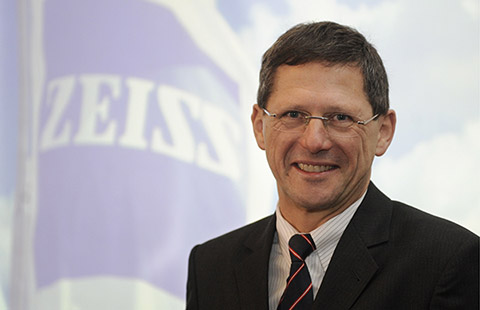KPMG: Shanghai is next Silicon Valley
 |
|
A visitor interacts with a robot at a high-tech exhibition in Shanghai. [CHEN YUYU/FOR CHINA DAILY] |
How many Silicon Valleys can the world hold? In all likelihood, there will be one in China, namely Shanghai and its surrounding area-despite some obvious early-stage problems.
This is one of the findings of a recent survey by the global accounting firm KPMG, which rated Shanghai as the No.1 city in the next four years to rival Silicon Valley-the bastion of Apple, Google, Facebook and many other US high-tech companies.
The survey found 43 percent of global respondents believed the technology innovation center of the world is likely to move from Silicon Valley to another country in the next four years.
Shanghai was selected by 26 percent of respondents as the city to be the next Silicon Valley,-with its strong regional position in financial markets and numerous high-tech parks in Pudong-followed by New York, Tokyo, Beijing and London.
Experts believe China's economic transformation is spurring the creation of new drivers of growth, new industries, new institutions and new opportunities in the technology and innovation space.
"Shanghai is bound to remain among the world's leading innovation hubs given its growing base of digital media and entertainment companies and a more pleasurable lifestyle and favorable climate that can draw top expertise," said Egidio Zarrella, partner of clients and innovation at KPMG China.
"The success of the Silicon Valley eco-system has yielded a real innovation entrepreneurship throughout the world and China has taken advantage of it, leveraging the massive consumer base in China," added Tim Zanni, KPMG's global and US technology leader.
He emphasized that Silicon Valley could never be replicated. China was now creating its own eco-system, although its biggest challenge currently was a lack of mentorship.
"Silicon Valley has a developed mentor community, but the mentor community is extremely poor in China. The big banks in China haven't yet put their arms around startups to help them and there hasn't been any big brother or big sister to help startups. This is one big thing we are missing from Silicon Valley," Zarrella added.
But he said he was not worried about the immature mentor system in the mainland, because the development of a mentor community takes time.
"It is just part of the evolution. If you have smart young people, great universities and sufficient government support and equity capital coming in, there will be a successful company, and the company will breed more successful company," Zarrella said.
"It will happen. We just need time."
The survey also found that the internet of things, robotics and artificial intelligence were the hottest topics which were expected to enable business and industry transformation.
Meanwhile, financial services and technology were believed to have the greatest monetization potential as a result of the adoption of artificial intelligence and cognitive computing.
The annual survey draws insights from 841 technology industry executives globally-including 90 from China and 168 from the US-on technology innovation, leadership and market trends.

















